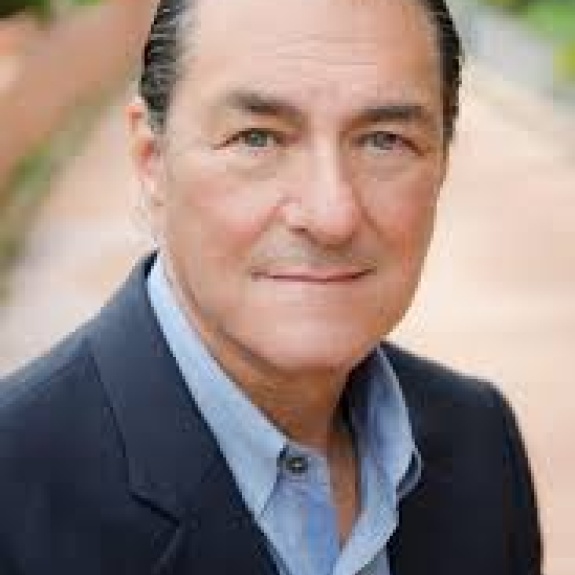Subscribe on your favorite player
Listen on Apple Podcasts Listen on Spotify Listen on Stitcher Listen on Google PodcastsSeptember 26, 2014
Speeding Recruitment for Clinical Trials - Dr. Michael Weiner

About This Episode
Highlights from our Alzheimer’s Talk with Dr. Michael Weiner:
Professor at the University of California, San Francisco and Founder of the Brain Health Registry, Dr. Michael Weiner has long been at the forefront of discussions about how to improve Alzheimer’s research. Here are just some of the key points he addressed in our conversation:
- The biggest obstacle to a cure for Alzheimer’s is the high cost of clinical trials, specifically the cost and time to recruit and screen possible participants.
- The Brain Health Registry hopes to help speed recruitment for clinical trials while also collecting and analyzing information on neuropsychological performance.
- They are looking for anyone 18 or older to sign-up. You will answer a short questionnaire and take online neuropsychological tests (brain games).
- Reminder emails are sent every six months by the Brain Health Registry to come back and answer a few more questions and play another round of games. Because memory decline can happen over many years, they hope to be able to identify subtle declines to find possible participants for clinical trials most appropriate for the particular treatment being tested.
- By building an online registry and administering the tests online, the Brain Health Registry is able to get information on a large number of people at a relatively low cost. In just a few months, more than 4,000 people have signed up.
If you missed the talk – or if you’d like to hear it again – you can listen to an audio playback or read a transcript of the fascinating conversation. This activity was supported by a contribution from Lilly.
